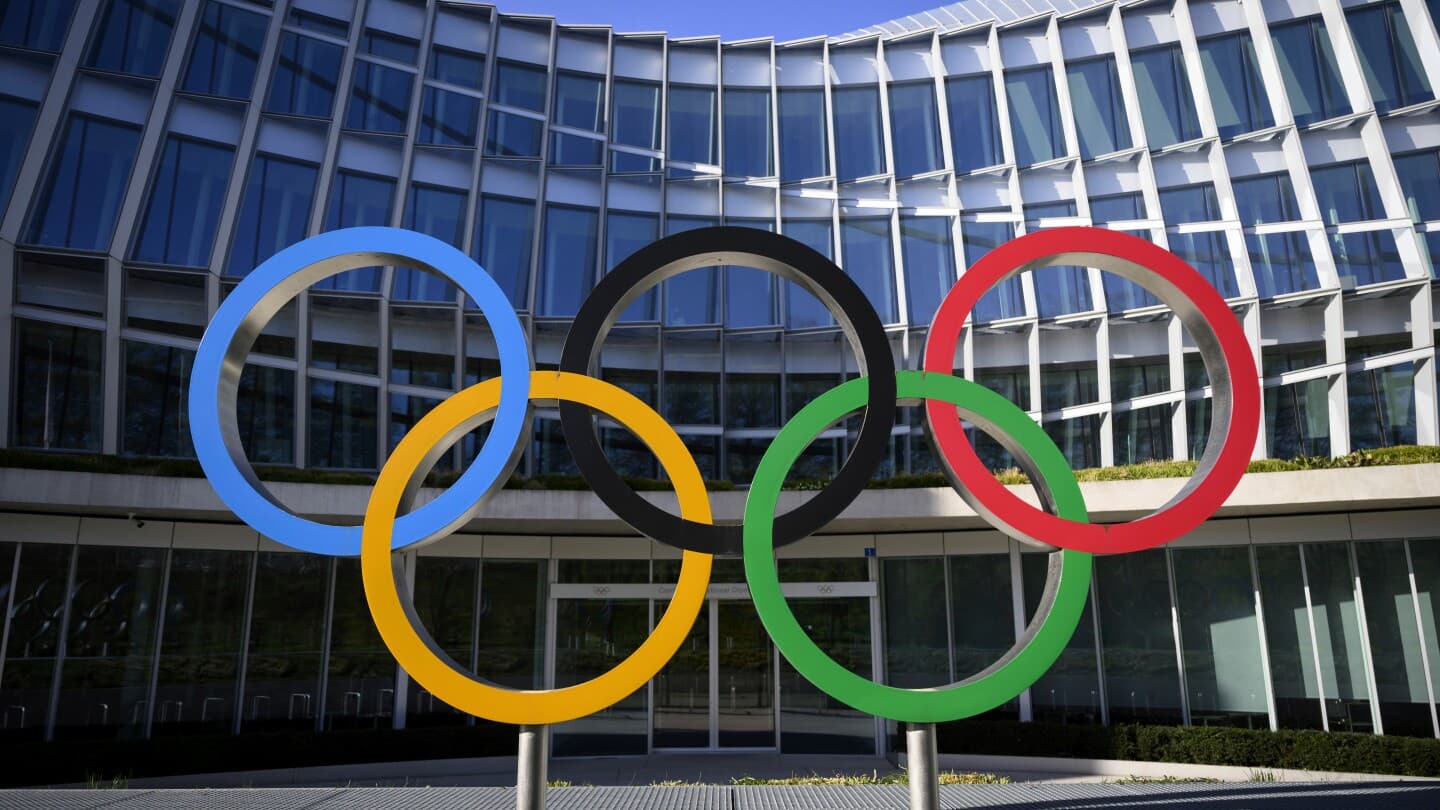We're loading the full news article for you. This includes the article content, images, author information, and related articles.
The collapse of the multi-year partnership reshapes the global esports landscape and raises questions for Kenya's burgeoning gaming sector about future investment and international opportunities.

The International Olympic Committee (IOC) and the Saudi Olympic and Paralympic Committee (SOPC) on Thursday, October 30, 2025, announced the mutual termination of their landmark 12-year agreement to host the inaugural Olympic Esports Games in Riyadh. The decision abruptly ends a partnership announced just 14 months prior, in July 2024, sending shockwaves through the multi-billion dollar competitive gaming industry.
In separate statements, both organizations confirmed they would pursue their esports ambitions independently. The IOC stated it will now “develop a new approach” and “pursue a new partnership model” for the games, aiming to hold the inaugural edition “as soon as possible.” The Saudi-funded Esports World Cup Foundation (EWCF), which was a founding partner, acknowledged the mutual decision and stated it would now focus on its own flagship events.
The original deal, intended to run until 2036, was seen as a major step in bridging the gap between traditional sport and the rapidly growing world of esports. However, the partnership showed signs of strain early on. In February 2025, the planned 2025 debut of the Games was postponed to 2027, with organizers citing the need for more time to develop a proper plan. Reports suggest underlying tensions included disagreements over the selection of game titles, with the IOC hesitant to endorse popular shooter games that are central to Saudi Arabia's own esports events.
The cancellation is a rare setback for Saudi Arabia's ambitious Vision 2030 plan, which uses the nation's Public Investment Fund (PIF) to diversify its economy away from oil by investing heavily in entertainment and sports. The Kingdom has committed billions to becoming a global gaming hub, launching the National Gaming and Esports Strategy in 2022. This strategy aims to create 39,000 jobs and contribute over $13 billion to the country's GDP by 2030.
Even without the IOC partnership, Saudi Arabia remains a dominant force. Its annual Esports World Cup in Riyadh now boasts the largest prize pool in esports history, exceeding $70 million in 2025. Through the PIF and its subsidiary, Savvy Games Group, the kingdom has also acquired significant stakes in major global gaming companies, including Nintendo, Electronic Arts (EA), and Take-Two Interactive.
This aggressive investment strategy has drawn sharp criticism from human rights organizations, who accuse the kingdom of “sportswashing.” Critics argue these high-profile events and investments are designed to distract from the country's human rights record, including the 2018 killing of journalist Jamal Khashoggi, suppression of dissent, and laws restricting the rights of women and LGBTQ individuals. Saudi officials have previously countered that their sports investments are primarily aimed at economic growth and boosting GDP.
While the fallout in Lausanne and Riyadh dominates headlines, the strategic shift has significant implications for emerging esports markets like Kenya. The Kenyan esports industry is on an upward trajectory, with over 11 million gamers and a market valued at over Ksh 16.8 billion, according to a 2022 PwC report cited by the Ministry of Sports. Organizations like Pro Series Gaming (PSG) and events such as the East Africa Gaming Convention are fostering a growing competitive community.
In March 2025, Prime Cabinet Secretary Musalia Mudavadi pledged government support for the sector, highlighting its potential to create jobs and drive the digital economy. However, the industry still faces significant hurdles, including limited infrastructure, high costs of equipment, and a lack of consistent corporate sponsorship.
The IOC-Saudi split creates both uncertainty and potential opportunity. The collapse of a partnership backed by immense sovereign wealth could signal instability to potential investors in the global esports ecosystem. However, the IOC's search for new partners and a more widely distributed hosting model could open doors for other nations. For Kenya and the East Africa region, this could mean a future opportunity to host qualifiers or related events, provided the local infrastructure and governmental support continue to develop. The immediate challenge for Kenyan players and organizations is to build a sustainable local ecosystem that is attractive for investment, regardless of the shifting strategies of global power brokers.
With the global esports market projected to generate revenues between $1.79 billion and $3.7 billion in 2025, the stakes are high. The divergence of the Olympic movement and Saudi Arabia's massive financial power creates two competing visions for the future of international esports, leaving the rest of the world to navigate the new landscape.
Keep the conversation in one place—threads here stay linked to the story and in the forums.
Sign in to start a discussion
Start a conversation about this story and keep it linked here.
Other hot threads
E-sports and Gaming Community in Kenya
Active 9 months ago
The Role of Technology in Modern Agriculture (AgriTech)
Active 9 months ago
Popular Recreational Activities Across Counties
Active 9 months ago
Investing in Youth Sports Development Programs
Active 9 months ago